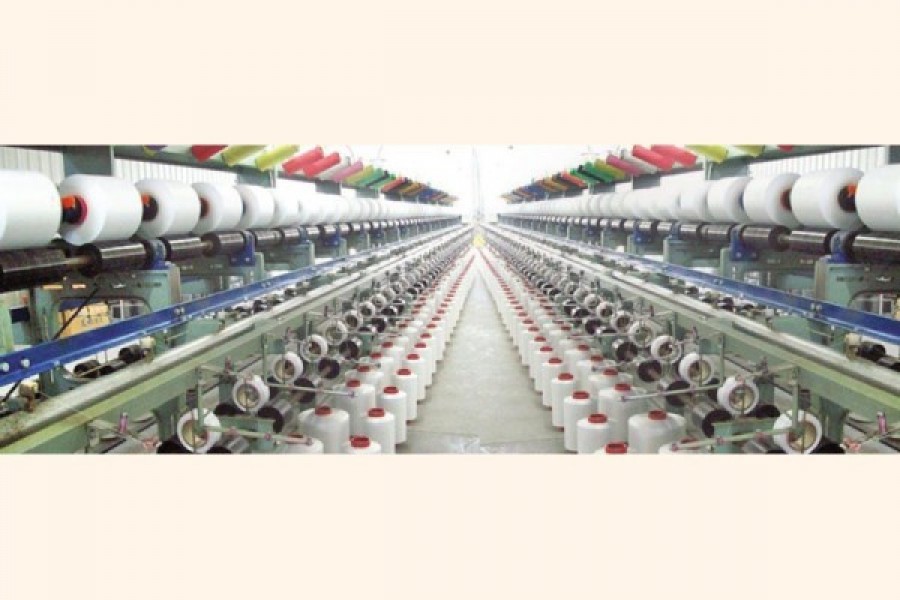Protection to import substitution industries may not help yield desired outcome without improvement in the overall business environment, said an economist on Saturday.
Centre for Policy Dialogue (CPD) Executive Director Dr Fahmida Khatun said the policy supports to the domestic industries would promote private investment.
"But there is no guarantee that these will work as the pre-existing barriers to do business persist," she told a virtual discussion titled "Budget for FY2021-22: Economy of Bangladesh".
Besides, she added, the facilities would primarily benefit big industries while small ones might face further difficulty to compete due to the country's poor performance in 'Ease of Doing Business' and 'Global Competitiveness Index'.
Jahangirnagar University Economics Alumni Association (JUEAA) organized the webinar, moderated by JUEAA President Md Moin Uddin.
Bangladesh Institute of Bank Management (BIBM) Director General (DG) Dr Md. Akhtaruzzaman, Bangladesh Academy for Securities Markets (BASM) Director General Dr Toufic Ahmad Choudhury, and Professor of Economics at Jahangirnagar University (JU) Anu Muhammad also spoke at the programme.
In her presentation titled "State of the Economy in FY21, Covid-19 Fallout and National Budget for FY22", the CPD executive director said that the protection measures would benefit the local industries when a level-playing field would be ensured in the economy.
"If there is a culture of unethical practice and corruption, good policies often become a tool of exploitation by big industries instead of promoting small businesses," she added.
Tax exemption is just a factor to promote local businesses, she said, adding: "An environment of fair competition, access to finance, time for setting up a business, research and innovation, skilled workforce, etc. are also needed to create a favourable ecosystem for businesses."
However, she said fiscal measures for domestic industries may lead to fall in revenue collection over the medium term, but will be helpful for stimulating the economy in the long run.
She also said that apart from supporting the businesses, more allocation was required for social protection.
As the government did not recognise the new poor, she expressed the concern that there has not been any allocation for them.
Taking part in the discussion, the BIBM DG Dr Akhtaruzzaman said: "The tax benefits for the businesses didn't come out of the blue rather it followed the trend of last few years while the pandemic has made the authorities to provide more facilities."
Referring to the challenges in meeting the revenue target in the next fiscal year, he said that without automation of the taxation system, it would not be possible to attain the high revenue target against the backdrop of an array of tax exemption.
Dr Akhtaruzzaman also called for full implementation of the VAT law and spreading VAT net to realise more in taxes.
He said the government also can consider taking loans from foreign sources to meet the fiscal deficit as the proportion of foreign loans in the country is still low.
Reduction in budget for the power and energy sector can be a good source of fund to finance sectors like health and social protection, he said.


